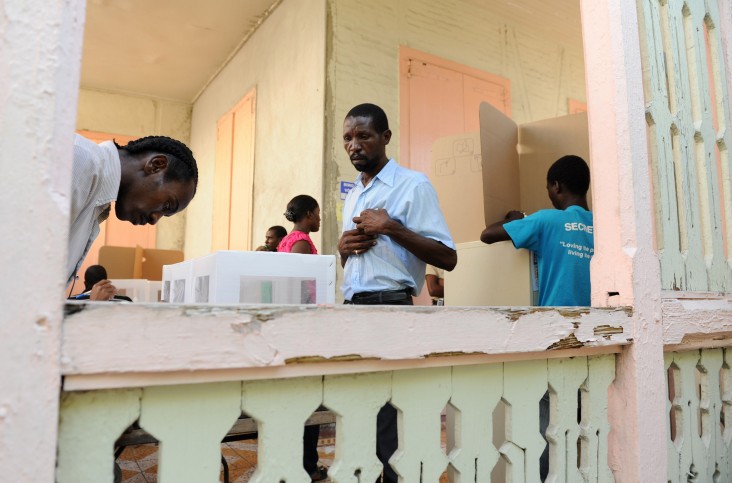You are viewing:
Archived Content
Information released online before January, 2021.
You are viewing:
Information released online before January, 2021.
Note: Content in this archive site is NOT UPDATED, and external links may not function. External links to other Internet sites should not be construed as an endorsement of the views contained therein.
You are entering the 2017-2020 Archive for the
United States Agency for International Development web site.
If you are looking for current information, visit www.usaid.gov.

To achieve long-term stability and economic growth, Haiti must establish representative and accountable governance institutions as well as ensure access to justice. While many of Haiti’s governance challenges pre-date the 2010 earthquake, that catastrophe further highlighted the need for an increased focus on governance and government accountability.
Haiti has experienced a series of political set-backs in recent history that continue to detract from efforts to improve governance institutions and enforceable legal norms. Although the country has the formal structures of a democracy, many of these have yet to become fully functional, as evidenced by recurring periods of political and institutional instability. Haiti’s state institutions are under-resourced, and provide limited services to only a small percentage of the population. Despite these challenges, some progress has been made in recent years to advance the functioning of national and local government, civic engagement, voter education, access to justice services, and protection of human rights.

Comment
Make a general inquiry or suggest an improvement.